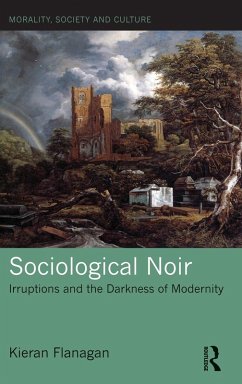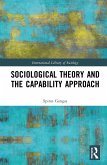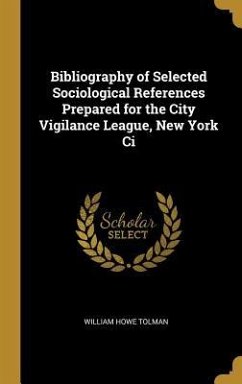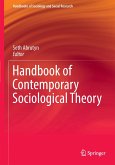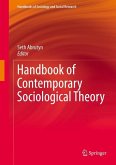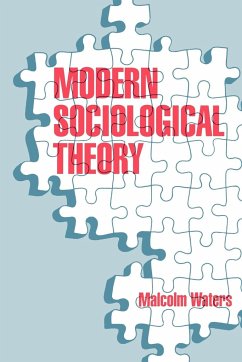Contrary to secular claims regarding the expulsion of religion, modernity does in fact produce forms whose understanding re-casts the relationships between sociology and theology. This book explores 'irruptions' which disturb modernity: fragments of history that have spectral - 'noir' - properties, whether ruins, collective memories, dark Gothic or the Satanic as manifested in culture. The study investigates what irrupts from these depths to unsettle our understanding of modernity to reveal its theological roots. A ground-breaking work, Sociological Noir explores literature, history and theology to re-cast the sociological imagination in ways that inspire new configurations in modernity.
Hinweis: Dieser Artikel kann nur an eine deutsche Lieferadresse ausgeliefert werden.
Hinweis: Dieser Artikel kann nur an eine deutsche Lieferadresse ausgeliefert werden.

